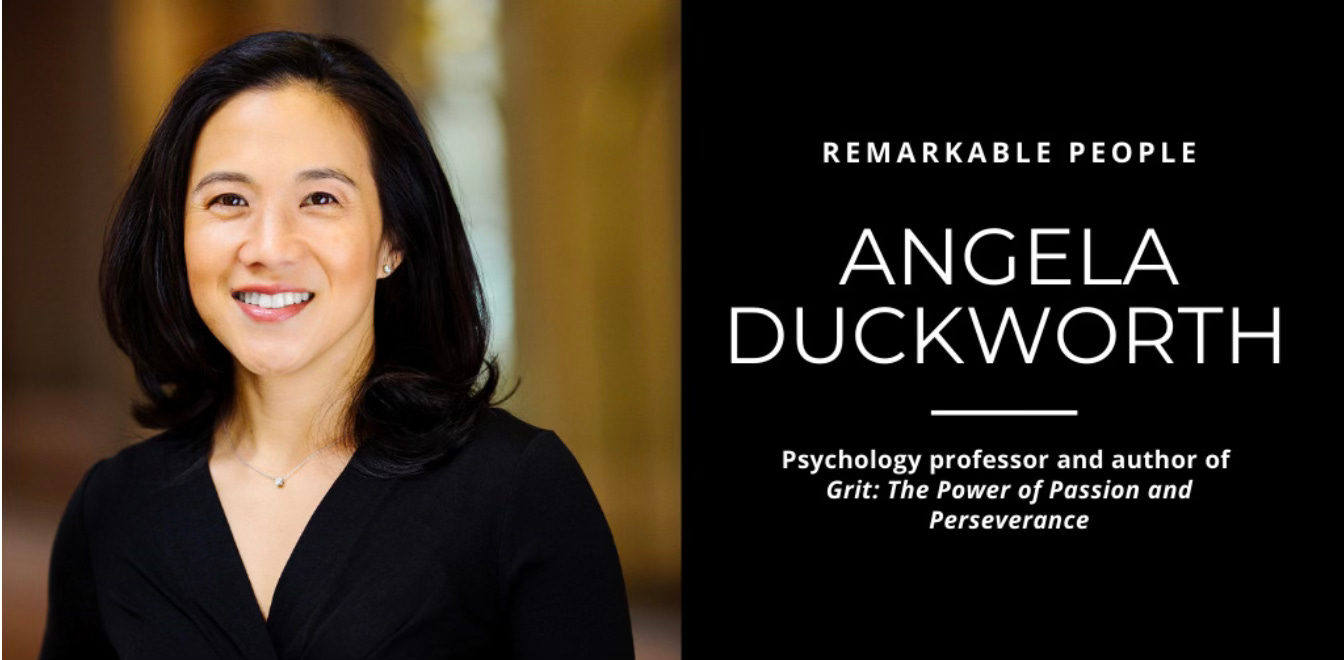How to Keep an Open Mind
Challenge beliefs, listen actively, seek diverse perspectives, and embrace continuous learning.
Challenging assumptions and questioning beliefs is a critical skill for maintaining an open mind, which is essential for personal development, innovation, and effective decision-making—in other words, being remarkable.
IMHO, it’s natural to remember the times your beliefs were confirmed and unnatural to remember how often you were proven wrong. This is especially true when it comes to hiring people and picking investments.
Effective methods that have helped me:
Refrain from speaking and actively listen: Pay attention to the content of what people are saying rather than simply waiting for them to conclude in order to start talking. This information was acquired through podcasting. I prefer for my visitors to be the ones who are conversing with the audience for ninety percent of the time.
Ask “how” in lieu of “what” or “why”: That is, rather than inquiring, “What do you believe?” or, “Why do you believe this?” ask, “How did you come to believe this?” It is possible that you will discover that the beliefs and rationales of individuals are well-founded.
Expose yourself to a variety of perspectives: Engage with content that challenges your current beliefs, view documentaries, and read books. Engage in conversations with individuals from a variety of backgrounds, cultures, professions, and sexual orientations. Echoes are not particularly informative, unless you are a porpoise.
Ask, “What’s missing?”: Confirm the accuracy of the information, verify the sources, and evaluate the entire context in which it is presented. For instance, inquire about the quantity of fatal shark attacks that have occurred this year if someone informs you that they have multiplied. If there were ten fatal shark attacks last year and there have been fifteen this year, there has been a large percentage increase. However, approximately 700,000 Americans perish annually because of heart disease.
Go and observe, go and be! Do not rely solely on the information you read and observe on your various displays, chain of command, and consultants. Go and observe for yourself. It would be even more beneficial if you were to physically participate—that is, to utilize your product, operate the customer service line, or, as we say in Silicon Valley, “Eat the dogfood.”
My friend Angela, a leading example.
One notable example of keeping an open mind from my Remarkable People podcast is the episode featuring Angela Duckworth, a psychology professor and CEO of Character Lab. I like to call her the mother of grit.
In this episode, Angela discusses her work on grit and self-control in educational achievement. She introduces her “hard thing rule” and “fun thing rule” in her family, promoting a balanced approach to personal growth.
During the conversation, we explore the concept of labeling and the importance of a growth mindset in seeking challenges and promoting personal growth.
Angela emphasizes the significance of self-awareness and the ability to reflect on oneself, which are crucial components of keeping an open mind. Her insights on grit and perseverance highlight the importance of being open to new ideas and continuously seeking personal growth.
As taught by Angela, maintaining an open mind can lead to remarkable achievements by combining self-awareness with a supportive environment.
You can listen to the full episode with Angela here: https://guykawasaki.com/angela-duckworth/
Conclusion
Maintaining an open mind is a fundamental aspect of personal and professional growth. The strategies discussed, from active listening to seeking diverse perspectives, all contribute to challenging our assumptions and broadening our understanding.
Angela Duckworth’s insights on grit, self-control, and the growth mindset further emphasize the importance of embracing challenges and remaining open to new ideas.
By consistently applying these principles, we can foster a more flexible, innovative, and empathetic approach to life and work.
Ultimately, keeping an open mind is not just about accumulating knowledge, but about developing the capacity to adapt, learn, and grow in an ever-changing world!
This mindset is what truly sets remarkable individuals apart, enabling them to navigate complex situations, make informed decisions, and continuously evolve both personally and professionally.
P.S. — Did you miss last week’s episode on the Remarkable People podcast? I interviewed Mitchell Maki, the president and CEO of the Go For Broke National Education Center. Hear the remarkable story of the Japanese-American WWII veterans who fought for a country that unjustly incarcerated their families.
Tune in here: https://bit.ly/mmdisubd
P.S.S — This week’s episode you don’t want to miss! It’s with legendary basketball coach Tara VanDerveer. She shares insights from her record-breaking coaching career, Olympic success, and thoughts on leadership and excellence in sports.
You can listen here: https://bit.ly/tvsogns
Mahalo,
Guy









Guy, nice to see you here. I met you years ago when you attended an Apple Newton meeting. I never forgot you.
Angela Duckworth Is amazing. Her emphasis on grit reminds me of the early existentialists in the early to mid 20th Century. They had a much grittier sense of happiness. It was hard work.